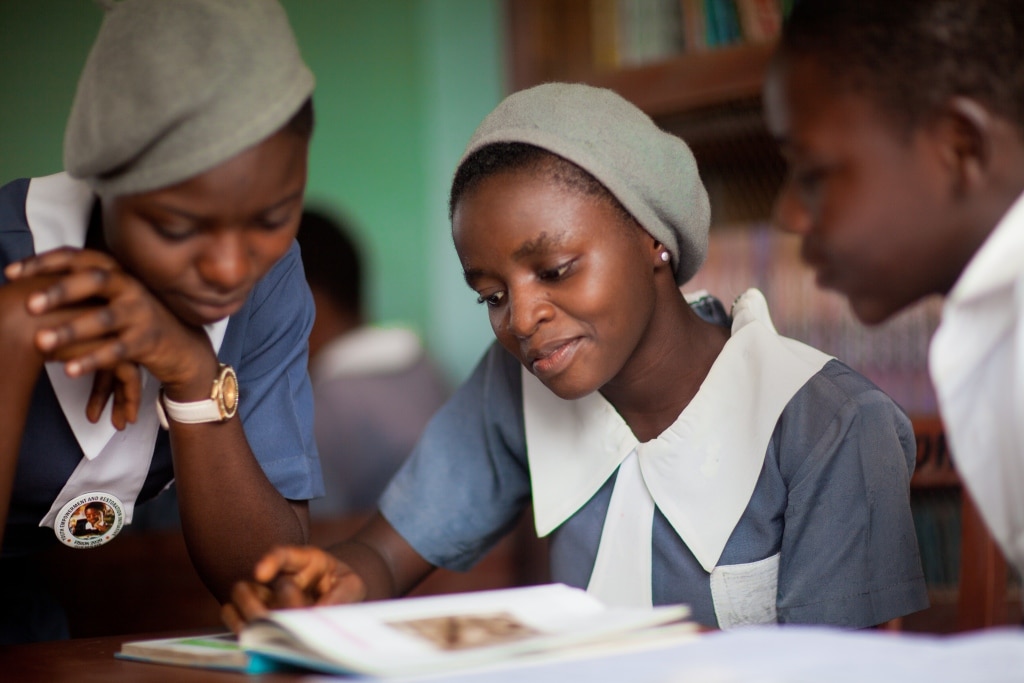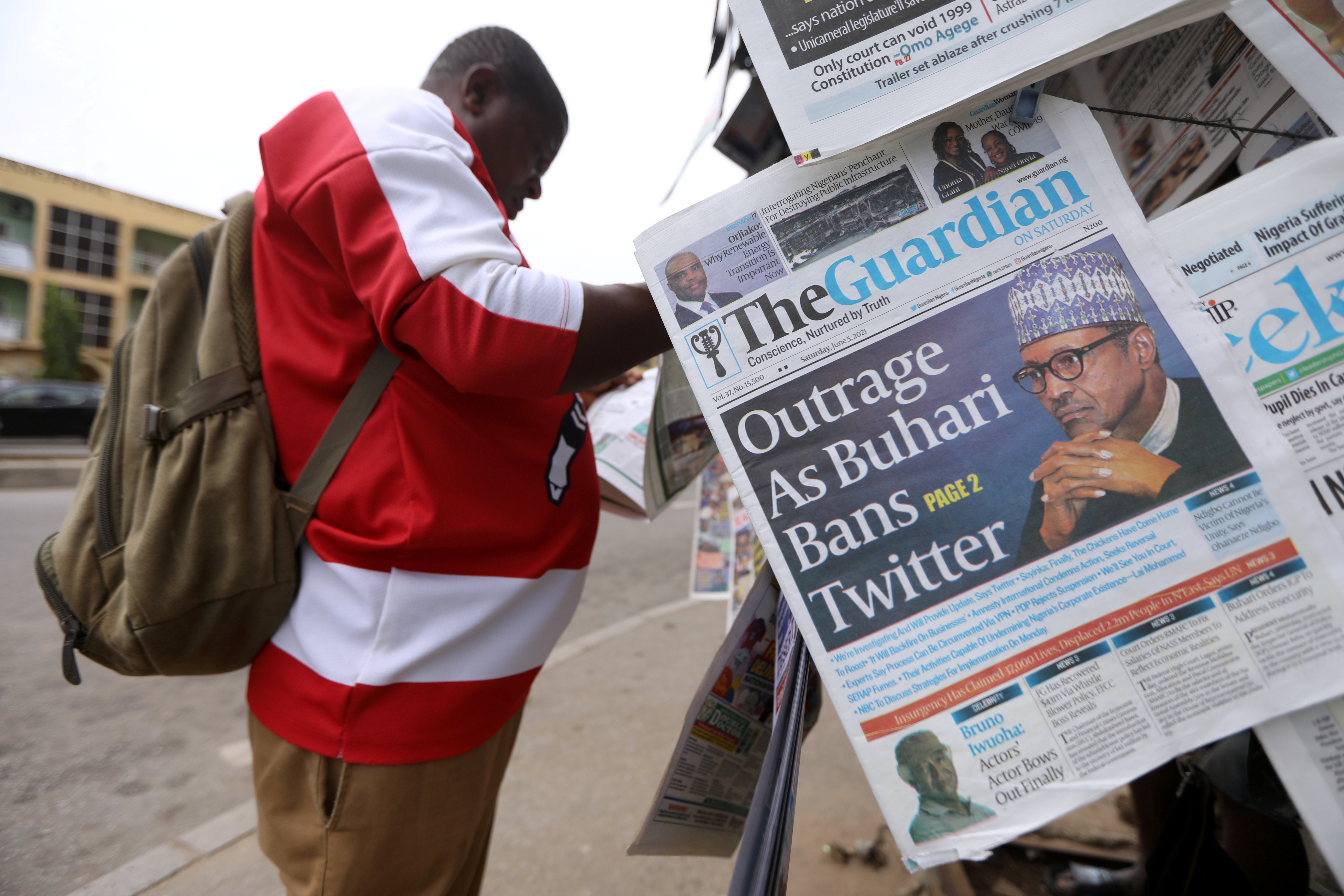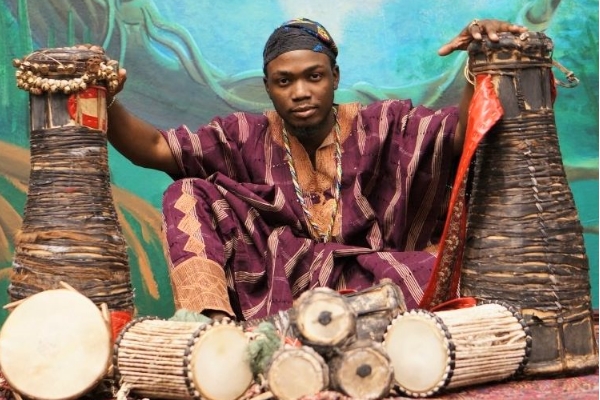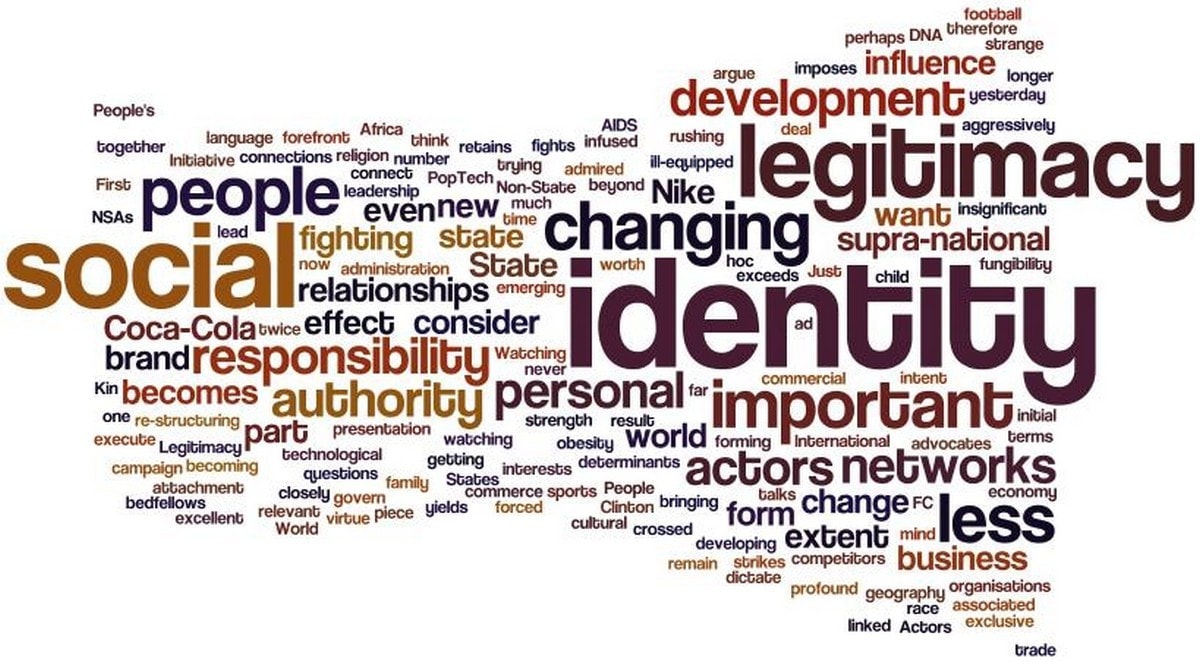English in Nigeria Today

Education
In Education, English during the post-colonial period was not merely a school subject: it became a core subject at every level of education – from the primary school to the tertiary level. A credit pass in English is now mandatory for candidates to gain admission into higher institutions. It is also mandatory for all first-year students in higher institutions to undertake a course in the ‘Use of English’ and pass the course before they can graduate. Most universities also teach English for Specific Purposes. English also became the lingua franca for students of tertiary institutions from different parts of the country. The National Policy on Education (NPE) 1977, revised in 1981 and 2004, clearly spelled out the role of English as a school subject in the first three years of primary education3 and as the language of instruction from the fourth year in the primary school.4 It also stipulates that every child should be made to study English and any two Nigerian languages other than that of the environment in the junior secondary school. In senior secondary school, a child is expected to study English and one Nigerian language other than that of the environment.
Creative Writing
Concerning education is the function of English as the major language for creative writing in Nigeria. English is the major language used by creative writers for expressing their protest against all forms of injustices and promoting the indigenous cultures of the people to the outside world. Nigerian literature in English is now read all over the world and many of them have been translated into other languages. This function of using English to express the uniquely Nigerian socio-cultural experience in oral and written literature is not limited to those who are very competent in the language. These writers (according to Walter 2007) use English as a language of ‘mutual communication’ between Nigerians and the reading populace at large. Chinua Achebe himself reacting to his critics on his use of English as his medium asserts that English undoubtedly must serve as a unifying, national language of literature, despite its primarily colonial inception in Nigeria. It should not lose its value as a medium of international exchange. Several Nigerian writers have won laurels for their literary works.
The Film Industry
In contemporary times, especially from the late 1990s, there has been tremendous growth in the Nigerian film industry, which has been reeling out what is popularly referred to as ‘home videos’ produced in English. ‘Nollywood’, as the film industry is sometimes described, produces films that portray Nigerian socio-cultural life. These films are not only popular in the country, but also reach Nigerians and other people in the Diaspora. In addition to video and films, soaps are also produced and featured regularly on the local televisions and radios.
News Reporting
The function of English as the tool for disseminating news has assumed a new dimension in post-independence Nigeria. In electronic media, English remains the most widely used language for newscasts, advertisements, news reporting, documentaries, discussion programs, talk shows, phone-in programs, and so forth. The Nigerian Pidgin, a debased form of Nigerian English, is particularly employed in the media to bridge the communication gap among Nigerians. For instance, it is used for newscasts, news reporting, and advertisement. Nigerian Pidgin has become the major tool used by government agencies for their advertisements. For instance agencies like the National Agency for Food, Drug Administration and Control (NAFDAC), National Orientation Agency (NOA), National Agency for the Control of AIDS (NACA) use Nigerian Pidgin mostly for their advertisements. This is to help them to reach a larger Nigerian audience. The language is gradually taking over the major functions of English as it is used across different domains in the country.
Music Industry
In post-colonial Nigeria, several Nigerian musicians portray their messages in the different varieties of the language that exist in the country – ranging from Pidgin to standard Nigerian English. The use of English is not limited to those who sing Western-oriented music, such as pop, blues, and soul, it is also becoming a phenomenon among those who sing purely African-oriented brands of music, such as juju, apala, and fuji. Such musicians include King Sunny Ade, a juju musician, Late Haruna Ishola, an apala musician, Wasiu Ayinde Marshall, a fuji musician. These musicians have taken their brand of music beyond the shores of Nigeria to the Western world, hence the need for them to sing in English to reach a wider audience.
Pidgin is also well employed by Nigerian musicians. The late Afrobeat musician Fela Anikulapo-Kuti popularised the use of Pidgin as a medium for passing across his message in songs. His songs focused mainly on oppression, corruption, and all forms of social injustice in the Nigerian system. Several other artists later took after him.
Religion
Engl
Politics
English plays a major role in politics since it has been recognized as the country’s official language. The Constitution of the country and other official statutes are written in English. The Nigerian Constitution recognizes English as well as Hausa, Igbo, and Yoruba languages as the languages of business in the federal legislative houses. It also recognizes English and any other languages are spoken in the state. Most political campaigns are done in English and these include rallies, newspaper, radio, and television adverts.
Business
English is also the major medium for transacting businesses, especially in urban areas. It is the language of banking and the economic sector. People who are not proficient in English use the Nigerian Pidgin in transactions. The function of pidgin for business transactions dated back to the early contact of the Europeans with West Africa in the mid-fifteenth century. The language particularly thrived in the coastal towns, where the Portuguese traded with the people. The language though evolved as a trade language and survived through colonization to the post-colonial period. In present-day Nigeria, it is the variety of English that is most widely used to bridge the communication gap among Nigerians, particularly between the literate competent users of English and the non-literate/semi-literate incompetent users of English. Pidgin is not only limited in function to commerce.
Social Identity
English in contemporary Nigeria also performs the function of social identity. Nigerian society, just like any other society, can be divided into various social groups based on profession, wealth, education, political status, and so forth. According to Omoniyi, proficiency levels in English can be speculated for members of different professional groups like lawyers, lecturers, doctors, accountants, and so forth. There are schools and clubs for the elites, and proficiency in English is one of the symbols of such groups. A lot of children who grow up in educated homes speak English as early as they start to speak because the learning of English is reinforced by their environment. In private schools, the use of English is encouraged from age two when the child starts schooling. Though English remains the second language for many educated Nigerians, Wikipedia Free Dictionary reports that about 4 million Nigerians use English as their first language.
Read about Modernism in Literature here.
Watch a video to know more about Nigerian English by clicking here.
About two and half years too old to be good at technology, but a bit of a self-professed book-nerd! That is exactly how I’ll describe myself. With an undying passion for reading and writing, I’ve landed in RangeInn as a Lifestyle Author. Yeah, that’s my new gig and I’m super excited to be part of the team. My articles are mostly about pop culture, celebrity gossip, entertainment, fashion & beauty, personality & spirituality, food, life hacks, books, movies and basically anything & everything that piques my interest.
Want me to write about something? Leave me a comment to connect with me. I’d love to hear from you!















